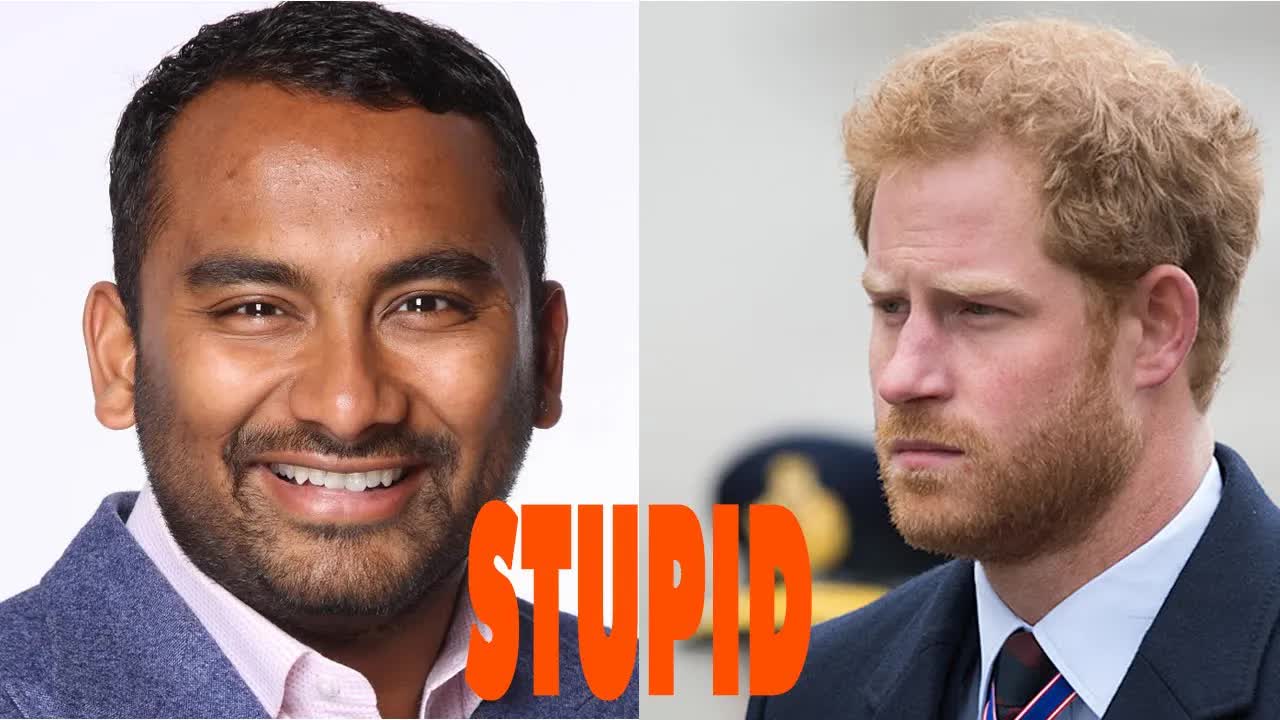The News
BBC’s Controversial Choice Sparks Outrage
The BBC is facing backlash and criticism for its decision to allow presenter Amol Rajan to host the controversial documentary “The Princes and the Press,” despite his history of anti-royal tweets.
The move has been described as laughable in its stupidity, with a royal insider slamming the broadcaster for its lack of impartiality.
According to a source who has worked with the BBC for many years, the decision to have Rajan host the documentary undermines the broadcaster's claim to neutrality.
The source pointed out that a quick look at Rajan's Twitter feed would have revealed his bias against the royals, with tweets dating back to 2010 that were critical and disrespectful towards the royal family.
Rajan himself acknowledged his past comments, apologizing for his previous anti-royal remarks and emphasizing his commitment to impartiality.
However, the public reaction to the BBC's choice of presenter was overwhelmingly negative, with many expressing outrage at what they perceived as a lack of objectivity in the documentary.
Royal commentators also weighed in on the controversy, with Richard Fitzwilliams criticizing the BBC's selection of Rajan as presenter.
He argued that an impartial perspective was needed for such a sensitive topic and criticized the documentary for not addressing key issues, such as inaccuracies in Prince Harry and Meghan Markle's interview with Oprah Winfrey.
The public outcry extended to social media, with users expressing disappointment and frustration with the BBC's decision.
Some called for greater accountability from the broadcaster, questioning whether public funding should continue to support an organization that they perceived as biased and lacking in transparency.
In response to the criticism, Buckingham Palace, Kensington Palace, and Clarence House issued a rare joint statement emphasizing the importance of a responsible and open press in a democracy.
They expressed concern over the dissemination of unfounded claims presented as facts, including those featured in the BBC documentary.
Despite the controversy, the BBC defended its choice to have Rajan present the documentary, citing his experience as a journalist and his adherence to impartiality while working for the broadcaster.
The two-part series delved into the relationship between the royal family and the media, exploring issues such as illegal activities by newspapers and the targeting of royals through unethical practices.
Critics of the documentary labeled it as biased against Meghan Markle, accusing it of presenting a one-sided narrative that favored the royal family.
The public debate surrounding the BBC's handling of the documentary highlights ongoing concerns about media ethics, transparency, and the role of public broadcasters in shaping public discourse.
As the fallout from “The Princes and the Press” continues, questions remain about the BBC's editorial decisions and commitment to impartiality.
The controversy serves as a reminder of the challenges faced by media organizations in navigating complex issues such as royal coverage and the responsibilities that come with reporting on sensitive topics.






























































